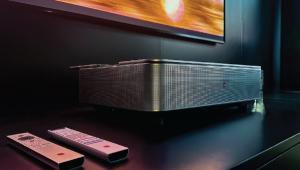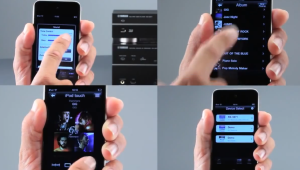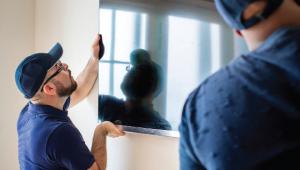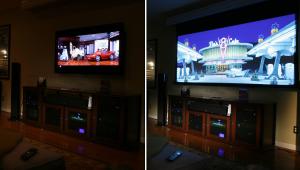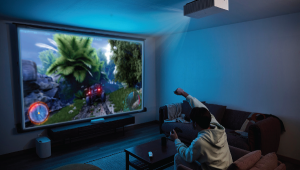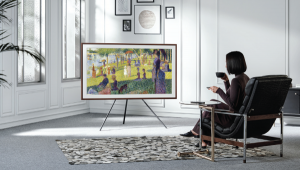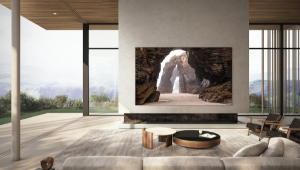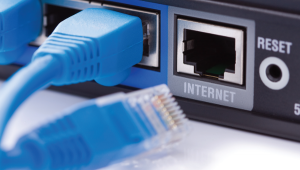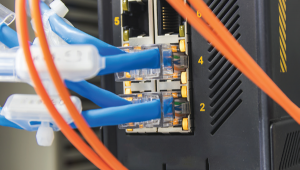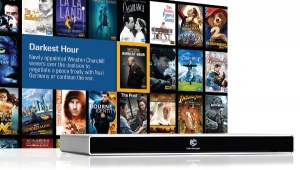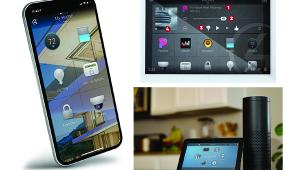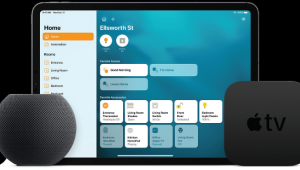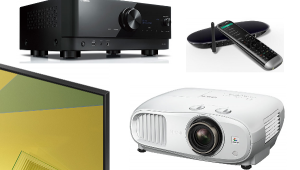Active Versus Passive Viewing: When You Watch TV Are You Really Paying Attention?
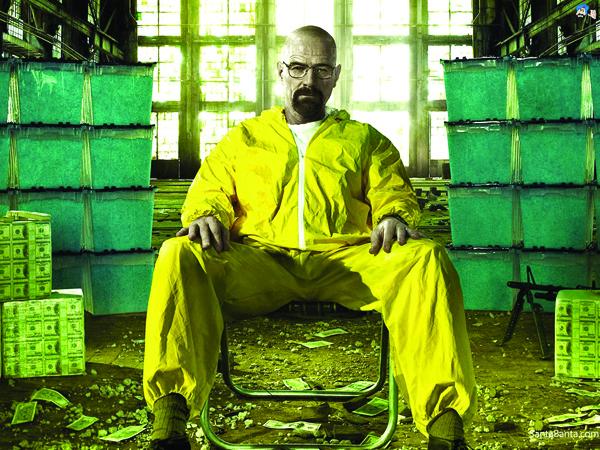
Reaching back into the days before DVR, DVD-R, or even VCR, you basically got one shot at watching something. And that meant TV viewers had some serious skin in the game when watching a show that was important to them. There were no pausing, no on-demand, and no Web streaming alternatives. If you missed it the first time, then you just missed it. This meant running out to the bathroom during commercial breaks or mercilessly hollering, “Mom!” if you needed some snacks mid-program. And watching something meant really watching it.
Today, with so many other technologies competing for our entertainment time and focus—and with so many chances to time-shift and place-shift programming—TV viewing is often done in a passive, near-ADD manner. In fact, most of us do practically everything but watch TV when we are watching TV.
A few weeks ago, my wife and I were on the couch watching the season finale of Master Chef (you got robbed, @MC4Jessie!) followed by FX’s dark, cross-border cop drama, The Bridge. These are two shows that we both enjoy and have followed through the entire season. But it suddenly hit me: We aren’t actually watchingthem. In fact, my wife spent the majority of both shows checking her e-mail, Pinterest boards, and extreme couponing sites on a laptop while I was playing Words With Friends, GolfStar, and checking e-mail and Twitter on the iPad.
And that’s really how most of our TV watching is done these days; the TV is there, on, but as more of a background companion to other events going on. And unless something is blowing up on screen or there’s an intense bout of dialogue, the TV is often ignored in favor of some other activity. (This is a huge reason why I feel 3D was destined to face such an uphill battle for mass adoption in the consumer world; besides the eye fatigue and limited content, the glasses required for the 3D experience put the kibosh on all the other activities we have a penchant for.)
But as distracted as our TV time is, our movie-watching time is the complete opposite. Because we have a video projector for movie viewing, we are 100 percent focused on the activity. And since watching the projector is a planned event, it is a lights-off, shades-down, phones- and pads-put-away affair. And with all distractions removed, we are forced to be far more engaged.
To me, this is one of the real advantages of a home theater system, especially if it is installed in a dedicated room. By forcing viewers to shut out all other distractions and really focus on the experience—the action on the screen and being immersed in the audio—it leads to a much more intense and ultimately more satisfying and memorable event. (Unless you’re watching Shark Night. Then it still pretty much sucks.)
Just like the ideal commercial cinema experience—but without those people who refuse to stop texting and with hopefully better snacks&mdashla properly designed and installed home theater creates an environment that is more conducive to the viewer being involved and drawn into the film. I feel this is one of the reasons why my wife and I will discuss movies we’ve watched days later, while we barely ever talk about—or in some cases even remember—TV shows.
Granted, a surround system can absolutely enhance your daily TV watching (and video gaming) as well, and the jungle noises in Survivor , ambient office noises in The Newsroom, and meth-lab mayhem of Breaking Bad will never sound better. And there is some absolutely terrific TV programming available today. And available to fit your schedule, thanks to technology. And if you can dim the lights, kill the other distractions, and get back to active TV viewing even for just a few shows, I bet you’ll find the experience far more enjoyable.


